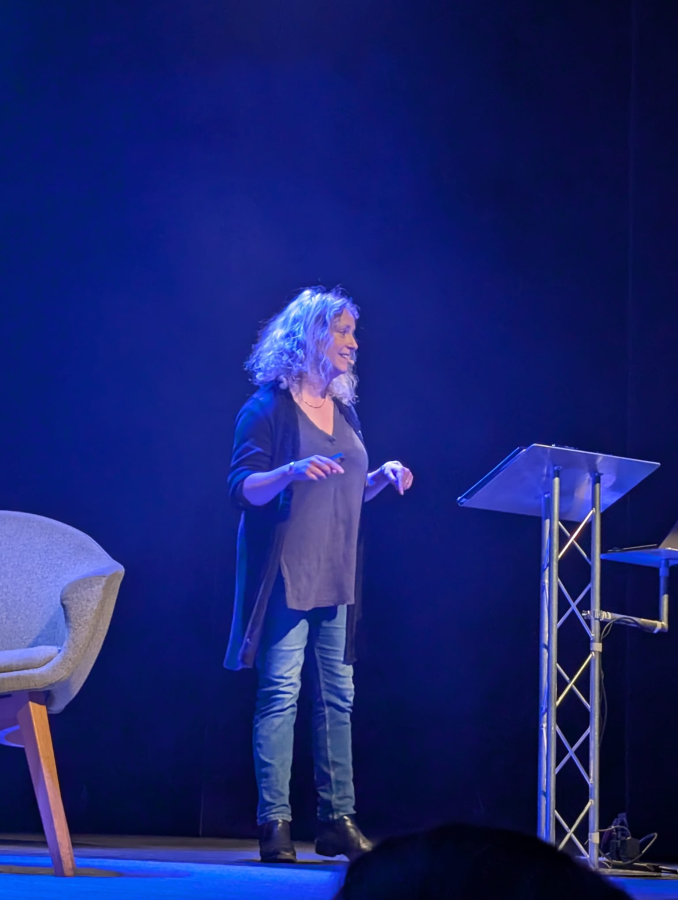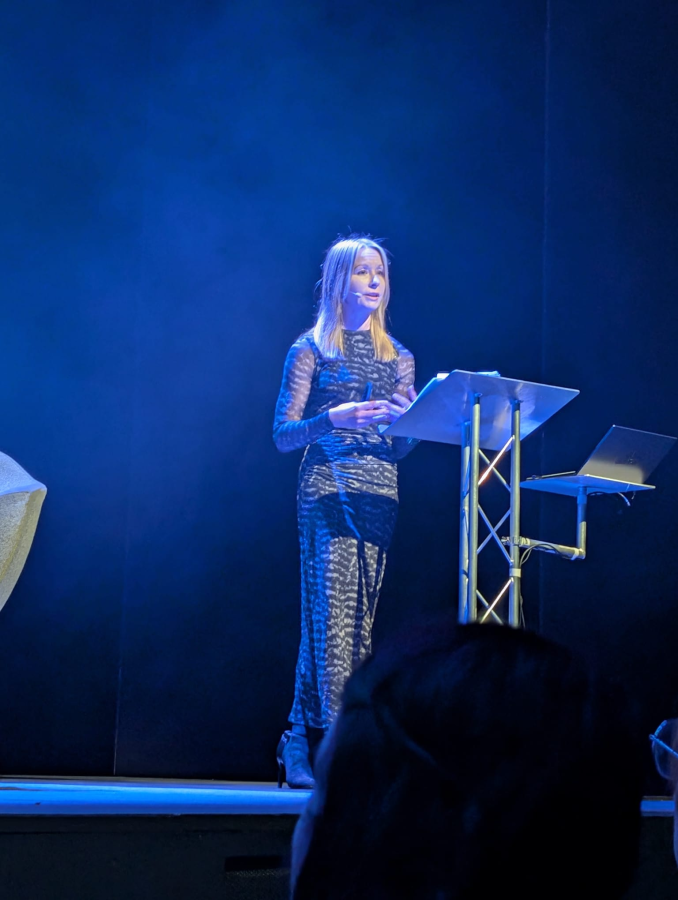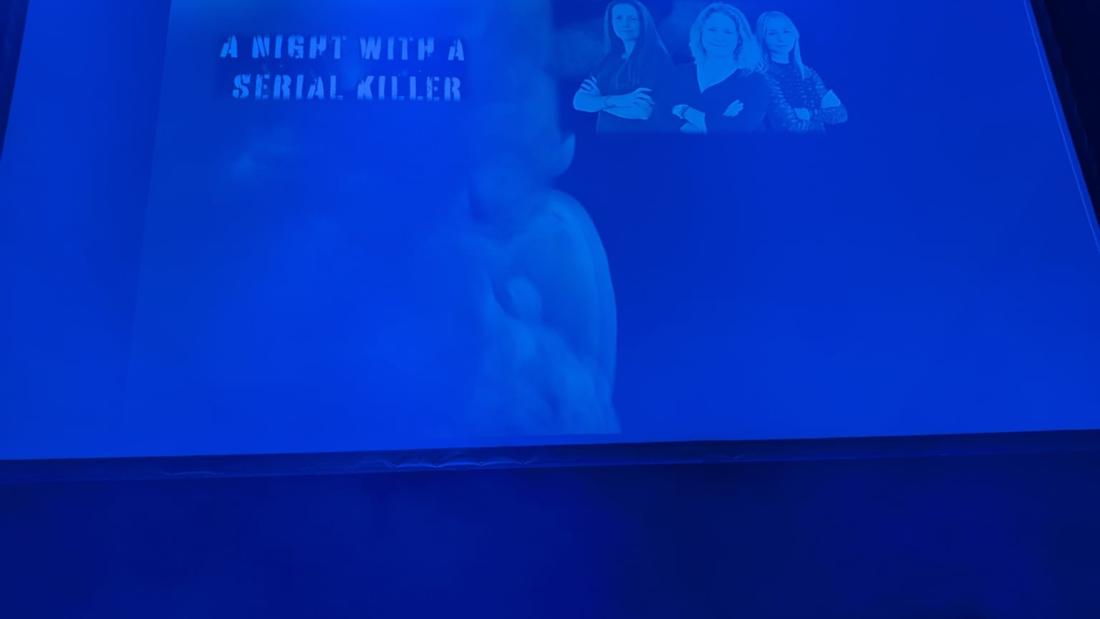
Led by Professor Lucy Huskinson, Dr Bethan Loftus, and Ms Lisa Sparkes, this event, held in Theatr Bryn Terfel, Pontio, Bangor, Wednesday night at 7.30pm, offered a unique and fascinating opportunity to explore the dark and twisted motivations behind the heinous acts committed by serial killers. Through in-depth analysis and case studies, the audience was taken on a gripping journey into the minds and crimes of serial killers, shedding light on the complexities of their behaviours and the impact they have had on society. This talk challenged our understanding of human nature and raises important questions about the nature of evil and the factors that drive individuals to commit such horrific crimes.
The speakers explored the distinct patterns, motives, and behaviours that typify serial killers, drawing from real-life case studies and theories from psychology and criminology. Through examining well-known figures like Dennis Rader, Ted Bundy and Aileen Wuornos, attendees gained an insight into how personality disorders, trauma, and environmental influences can converge, leading individuals to commit repeated violent acts. The talk also addressed the role of Criminal Justice Agencies in profiling and capturing serial killers, as well as the impact these figures have on public perceptions and the media. By the end, participants were left with a deeper understanding of the complexities behind such cases, challenging simple stereotypes and fostering awareness of the darker aspects of human beings.

Reflecting on the talk, Professor Lucy Huskinson commented:
"Exploring the minds of those who commit horrific and disturbing acts provides invaluable insights into human nature. Serial killers aren't just monsters; they're individuals shaped by a complex mix of psychological, social, and biological factors. Studying them unveils the intricacies of the human condition and what drives us all. I find it fascinating how serial Killers push us to rethink our ideas of morality, normalcy, and sanity. It was fantastic to see a full theatre of people equally captivated by the subject, and I hope it challenged their perceptions and sparked new thought about serial killers."
Dr Bethan Loftus added:
"The evening explored serial killers through the lenses of psychoanalysis, philosophy, and criminology. We were thrilled to have such a captivated audience who - like us - are interested to better understand the serial murder phenomenon".

And drawing attention to an important, if not often overlooked aspect, Ms Lisa Sparkes commented, “For us, we wanted to focus on the victims too. I never thought I would be standing in front of an audience talking about one of my favourite topics: Female Serial Killers. Thank you so much to all that attended, thank you to those who made this dream a reality ... Hope there weren't too many nightmares and see you at the next event!”
This was an excellent evening and exemplifies how multifaceted the specialisms of our staff are in the School of History, Law and Social Sciences. So much so that there is an undergraduate module on Serial Killers and a short course, currently open for bookings, and is available to all for free, which starts on the 13th of November: 'Understanding Serial Killers'!

